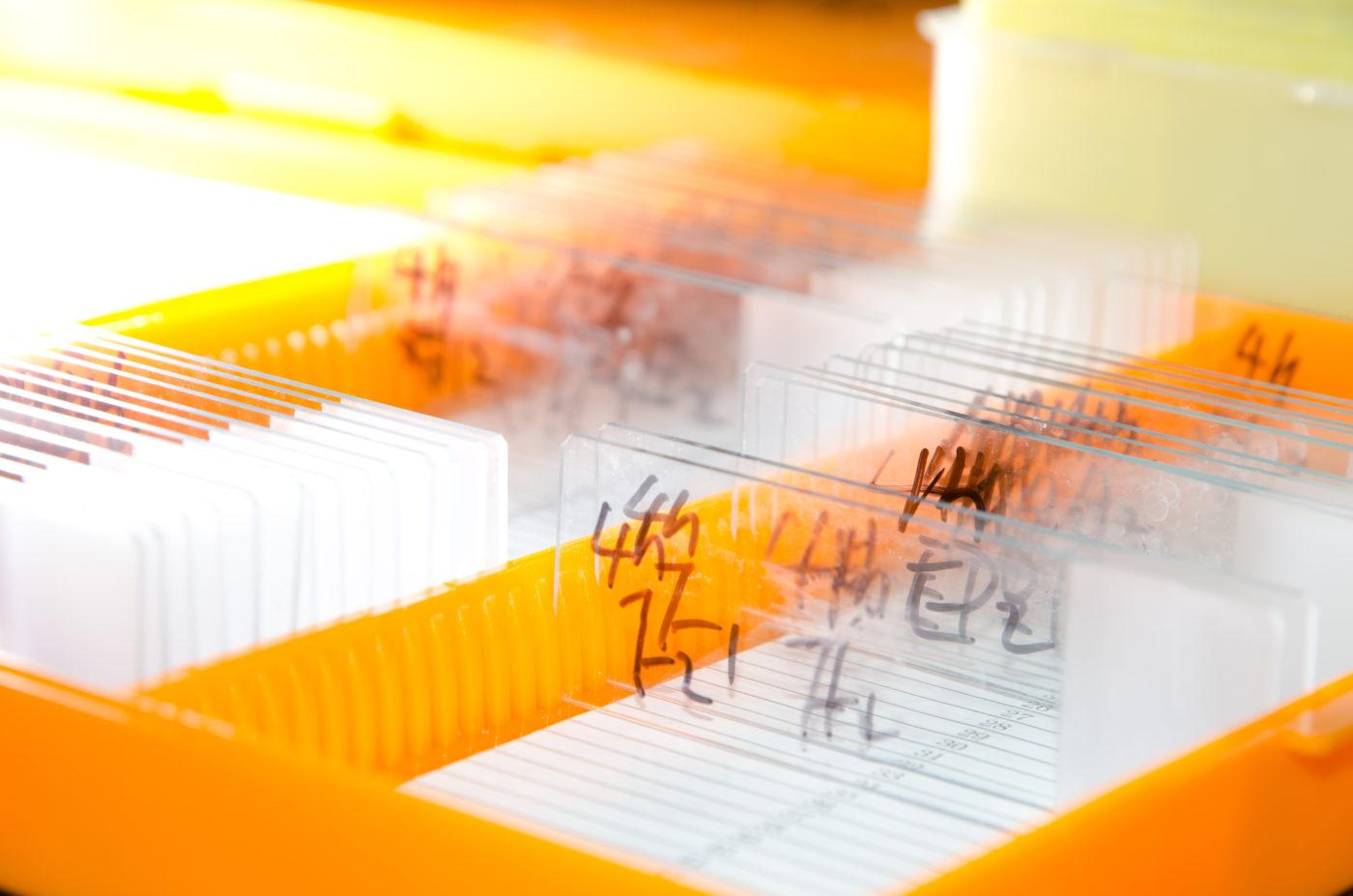For Patients & Donors
Advance medical research and be part of the cure by donating your samples
In the age of precision medicine, the bounds of healthcare's potential seem limitless. But without readily available patient samples, biomedical discovery is slow, imprecise, and often limited.
That's why patients like you are so important.
Contributions of biospecimens—blood and other biofluids, tissue, and cells—by philanthropic patients fuel medical discovery, leading to new diagnostics and therapies with the potential to benefit millions of patients worldwide.
Your Identity is Safe
Make your specimens available for research with confidence. Our specimen procurement process is conducted to the highest data privacy and protection standards. Plus, all data undergoes de-identification, so it cannot ever be traced back to you.
It’s Clear Patients Want to Contribute
Multiple studies show a desire to strengthen medical research:
83%
of U.S. patients consent to the use of their remnant clinical specimens for medical research.1
81%
said they believe the donation of human biospecimens is important.2
94%
agreed to donate biospecimens when given a detailed consent form.3
Patient-Researcher Partnerships Can Do Great Things
Help Medical Researchers Learn About Disease
Before any medical advancements can be made, medical researchers must first understand how a disease infects, grows, and thrives within the human body.
Help Scientists Develop New Diagnostics or Treatments
New diagnostics and treatments undergo rigorous testing before being introduced to patients. Access to biospecimens for testing can lead to the development of safer and more effective therapies.
Help Improve Patient Care
With access to more specialized treatments targeted at individual diseases, doctors have more tools at their disposal, allowing them to more effectively care for their patients.
How to Help Patients Donate
With multiple studies reporting high percentages of people willing to donate, it's clear patients want to help accelerate research. Spreading the word, educating patients, and communicating respectfully can help increase those numbers.
Just Ask for Consent
When asked, an average of 88% of patients agree to donate specimens for research, banking, or both.4
Communication is Key
Patients are more likely to consent when their provider communicates in a patient-centered, supportive, and responsive manner.5
Patients Appreciate Details
Contrary to popular belief, consent rates are higher when patients are presented with more detailed consent forms.3
Be Mindful of Wordchoice
If information is confusing, ask medical staff to use layman's terms to explain content for use of your specimens in research.
Display Research-Related Posters
Look for posters encouraging patients to ask about specimen consent, they can serve as conversation starters with medical staff.

